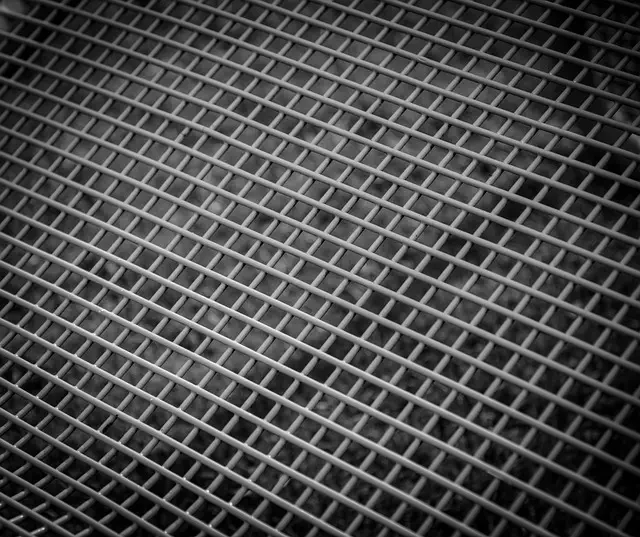Post-workout muscle soreness (DOMS) arises from micro-tears, lactic acid buildup, and inflammation. Regular exercise, especially new routines or intensities, is a primary trigger. Effective recovery habits like adequate sleep, hydration, and nutrition are vital for healing. Kratom tea, with its analgesic properties, can naturally ease discomfort. Customized workout plans that incorporate progressive overload, targeted muscle group exercises, and proper form improve strength and recovery without amplifying soreness. Active recovery techniques, hydration, varied routines, balanced nutrition, and post-workout rituals like kratom tea enhance overall fitness and recovery.
Experience lingering muscle soreness? Discover the power of customized workout plans designed for relief. This comprehensive guide explores the science behind muscle soreness, highlighting the benefits of tailored routines. Learn how to navigate through discomfort and accelerate recovery naturally. From understanding triggers to incorporating powerful tools like kratom tea (for enhanced effects), we’ll show you how to make it better. Maximize your workouts and embrace a soother, stronger you.
- Understanding Muscle Soreness and Its Causes
- The Benefits of Customized Workout Plans
- Designing a Workout Routine for Soreness Relief
- Incorporating Kratom Tea for Enhanced Recovery
- Tips to Maximize the Efficacy of Your Plan
Understanding Muscle Soreness and Its Causes

Muscle soreness is a common post-workout experience, often described as a delayed onset muscle soreness (DOMS). It’s your body’s way of telling you that you’ve pushed it to do something new or intense. DOMS typically peaks around 24-72 hours after exercise and can make even simple movements uncomfortable.
There are several factors that contribute to muscle soreness, including micro-tears in muscle fibers, increased lactic acid production, and inflammation. Regular exercise, especially if you’re new to it or increasing the intensity or duration of your workouts, is a primary cause. Proper recovery practices like adequate sleep, hydration, and nutrition play a crucial role in soothing sore muscles. Interestingly, kratom tea, known for its analgesic properties, can be a natural way to alleviate discomfort, making post-workout rituals even more enjoyable and effective—a simple blend of how to make kratom tea better can offer an extra layer of support for your body’s recovery process.
The Benefits of Customized Workout Plans

Customized workout plans offer a multitude of benefits for those seeking muscle soreness relief. Firstly, they cater to individual needs and fitness levels, ensuring that each session is challenging yet manageable. This personalized approach allows for progressive overload—gradually increasing intensity over time—which is key to improving strength and recovery without exacerbating discomfort. Moreover, tailored routines can focus on specific muscle groups affected by soreness, providing targeted relief.
Unlike one-size-fits-all approaches, customized plans consider unique factors like joint mobility, flexibility, and lifestyle. This holistic view not only enhances overall fitness but also aids in making kratom tea better—a popular remedy for post-workout relaxation. By integrating recovery strategies and ensuring proper form during exercises, these plans can significantly improve muscle soreness management, leaving individuals feeling rejuvenated rather than exhausted.
Designing a Workout Routine for Soreness Relief

Designing a workout routine for muscle soreness relief requires a balanced approach that targets both physical and mental well-being. It’s crucial to understand that acute muscle soreness is a normal response to exercise, particularly when pushing your limits. To mitigate this discomfort, focus on low-impact activities like walking, swimming, or gentle yoga, which promote blood flow to soothe aching muscles without further stress. Incorporate dynamic stretching before and static stretching after your session to enhance flexibility and reduce post-workout stiffness.
For optimal results, consider tailoring your routine with specific exercises targeting major muscle groups. Light weight training exercises, such as bodyweight squats, lunges, and gentle rows, can help stimulate blood circulation and facilitate the release of endorphins, naturally reducing soreness. Additionally, learning how to make kratom tea—a herb known for its pain-relieving properties—can further enhance your post-workout recovery regimen, offering both relaxation and soothing effects.
Incorporating Kratom Tea for Enhanced Recovery

Tips to Maximize the Efficacy of Your Plan

To maximize the efficacy of your customized workout plan for muscle soreness relief, consider incorporating active recovery techniques like light yoga or swimming between intense sessions. These activities enhance blood flow, promoting the removal of metabolic waste products that contribute to post-workout discomfort. Additionally, proper hydration before, during, and after exercise is paramount; staying well-hydrated supports muscle repair and reduces the intensity of soreness.
Experimenting with different types of workouts can also yield significant results. Varying your routine stimulates diverse muscle groups and prevents adaptation, ensuring continuous progress. Furthermore, pay close attention to nutrition; a balanced diet rich in proteins, carbohydrates, and antioxidants aids in muscle recovery and can even enhance the effects of your customized plan. For instance, incorporating warm lemon water or herbal teas, like kratom tea, into your post-workout routine may provide additional benefits by promoting relaxation and reducing inflammation.
Customized workout plans offer a tailored approach to managing muscle soreness, proving to be a game-changer in post-exercise recovery. By addressing individual needs and preferences, these plans enhance overall well-being. Incorporating strategies like targeted exercises, proper hydration, and the use of natural remedies such as kratom tea can significantly improve recovery times. To make kratom tea even better for sore muscles, consider adding ginger or lemon for enhanced anti-inflammatory properties. With consistent practice, these techniques can transform your fitness routine into a soothing and rejuvenating experience.






